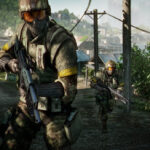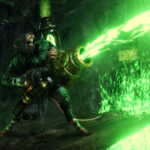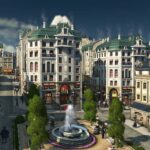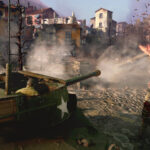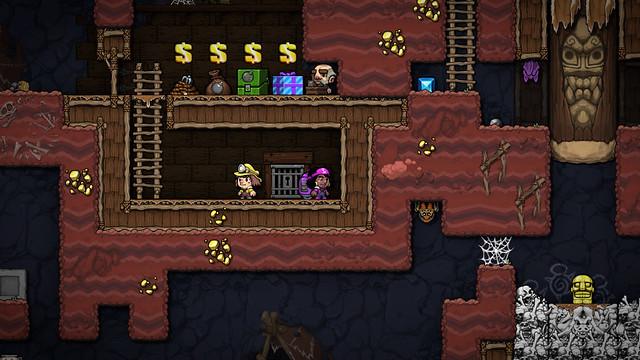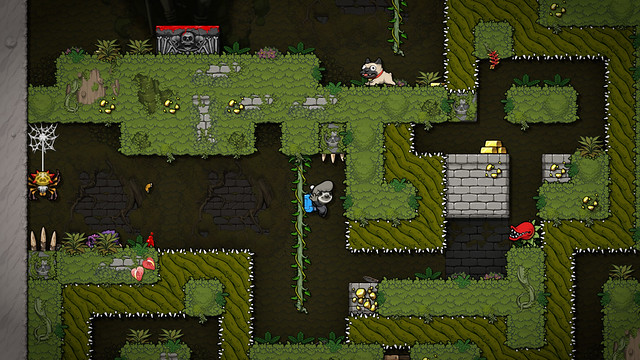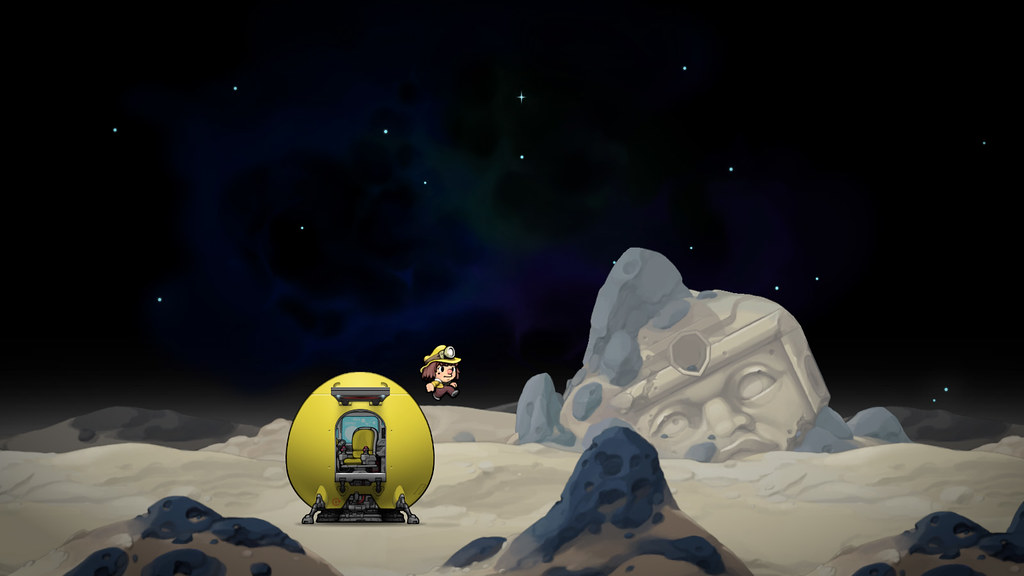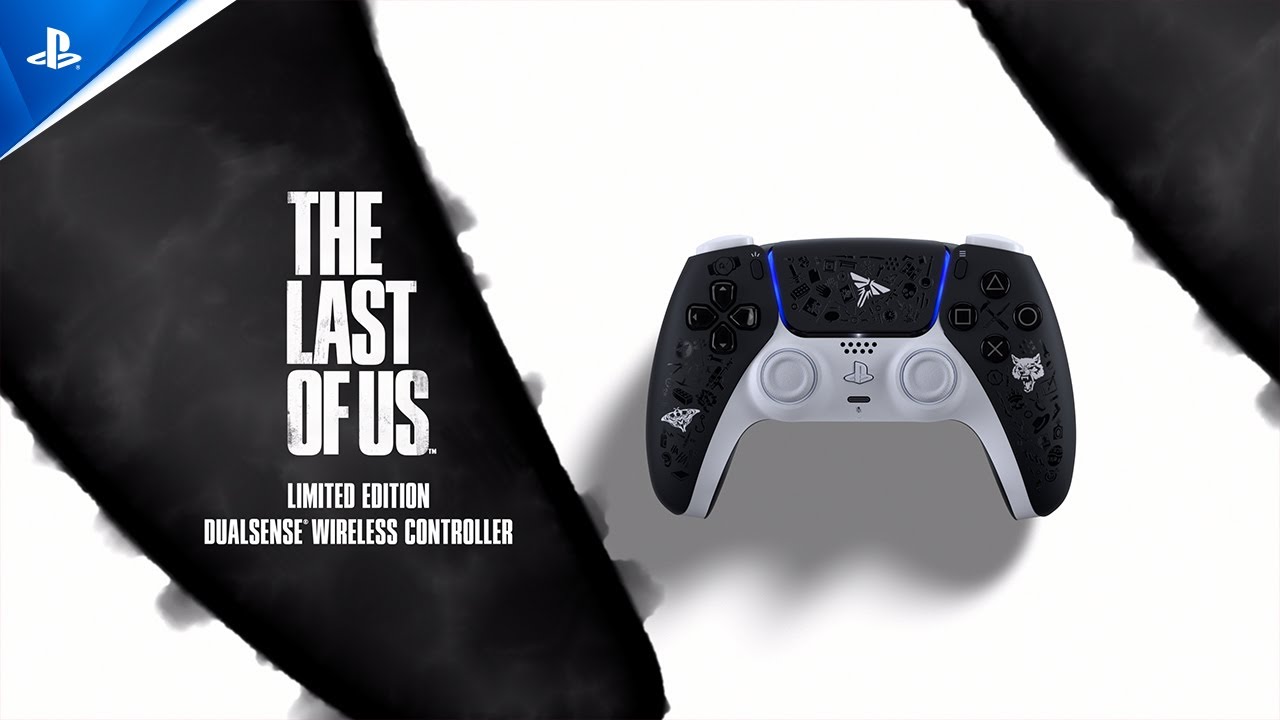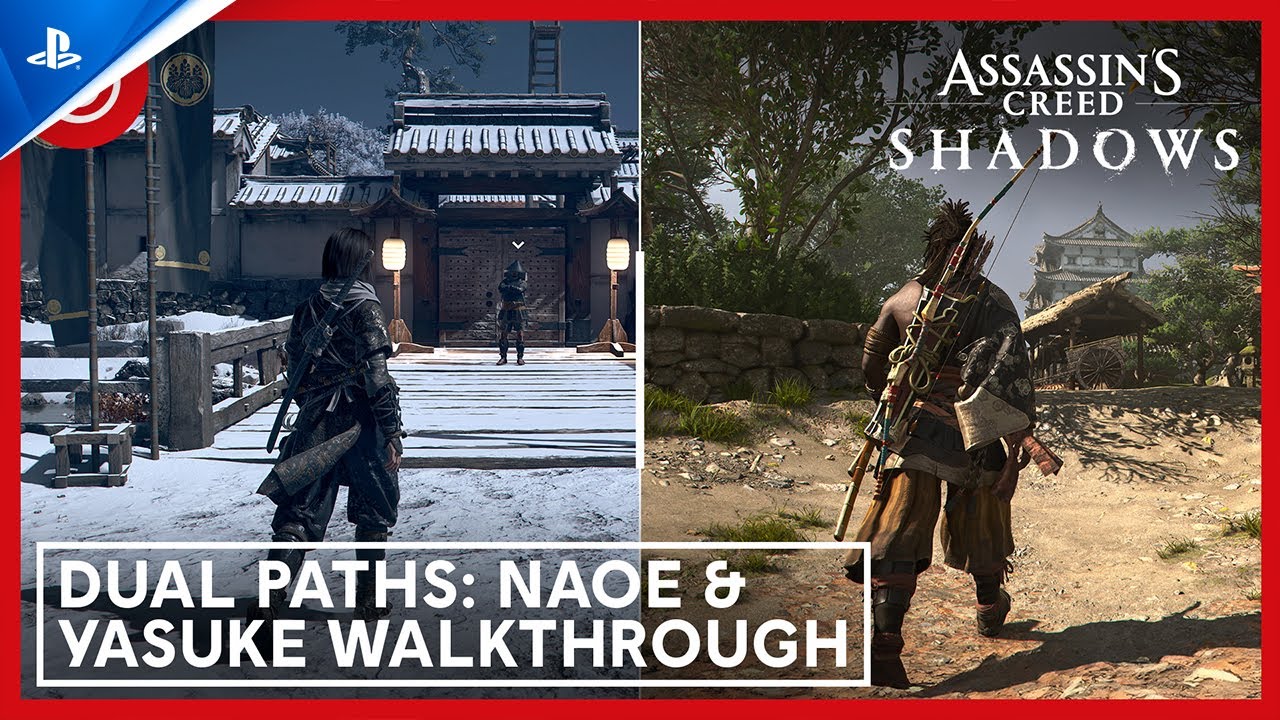Oh, wonder of wonders: Our first look at Spelunky 2 gameplay has arrived! And you can play it this weekend in the PlayStation booth at PAX West!
If you never played the original Spelunky, you missed one of the greatest platform games of all time. It’s a remarkably hard act to follow, but it looks like Mossmouth and Blitworks are bringing out the big guns. Rideable mounts! Online multiplayer! And a lush visual overhaul that retains the simple beauty of Spelunky while adding in visual flourishes like gloopy new liquid effects and particles out the wazoo.
We caught up with Derek Yu, creator of Spelunky, to learn more about what’s in store when Spelunky 2 launches sometime next year.
Left to right: Ana Spelunky, Margaret Tunnel, Colin Northward, Roffy D. Sloth
PlayStation.Blog: So, first things first: What is Spelunky 2?
Derek Yu: Spelunky 2 is the sequel to the roguelike platformer Spelunky and takes place after the events of the original game. Since Spelunky 1 was released a lot of great roguelike-inspired games have come out and pushed the genre in cool new directions, but I think Spelunky is still very unique in terms of the freedom it offers the player and the way different elements interact, where one event can trigger a cascade of consequences that have to be dealt with. That’s something we’ve been building on – not just adding lots of new things (which we’re doing!), but also making the world feel even more interconnected. And that includes storytelling (both developer-created and player-created) as well as game mechanics.
PSB: I understand this game is very, very different from Spelunky 1 – why? What guided that decision? Why not be safe and just do another like he already did?
DY: At its core, Spelunky 2 is not too different, actually. My opinion about sequels is that they are extensions of the previous games, so I want fans of Spelunky 1 to jump in and feel like they’re playing a continuation, both storywise and mechanically. The big question on my mind was “What makes Spelunky, Spelunky?” I wanted to figure out what those ideas were and take them to their limit without anything getting in their way. Sometimes that means adding, sometimes that means remixing – it can also mean subverting expectations created by the original game.
PSB: What will Spelunky fans “get” about the game right away? What’s similar? What’s different?
DY: I think they’ll immediately get into the flow of playing the game. Which is great, because with Spelunky 1 we had a hard time explaining that to people. Now that they get it, we can spend more time making the experience deeper and richer. There are a lot of differences that, when added up, really make the game feel different. For example, each level will have a second layer that you can go back and forth between. Sometimes the entrance is right there and sometimes it’s a hidden shortcut. Even though the gameplay is still 2D platforming, this adds a feeling of a third dimension to the exploration.
We’ve also added liquid physics that are really fun to play with – combined with the destructible terrain you get things like dynamic water or lavafalls that you have to deal with on each run. The world breathes more. And then there’s all the expected new areas, items, monsters, and traps. It really is a lot.
I’m still very much thinking about new players, though. But my philosophy has always been to attract new players by making the world more interesting and inviting instead of focusing on tutorials and things like that. Spelunky is still Spelunky and it will be very challenging – my hope is that new players will want to persevere because we made the effort worth it. Spelunky 2 will have very strong themes of family and friendship and I want new players to feel cared for even as we put tough obstacles in their way.
PSB: Are the levels randomized? That’s super hard to do; what was the approach?
DY: The approach is the same as with Spelunky 1 where we generate a “safe” path to the exit using room templates. However, with new features like the second layer we’re finding lots of surprising new ways we can make random level design even more interesting. As I said before, it feels like there’s a new dimension to it. And BlitWorks is doing the programming on Spelunky 2 and has built tools for creating and testing levels that we didn’t have the resources to build the first time around. It’s been a lot of fun going back “into the lab” with our previous experience and a lot of new technology.
PSB: How is the flow/pace? How does that change when moving to this new gameplay style?
DY: To me it feels more fast-paced but also more expansive. I imagine that runs may take a little bit longer beginning to end, but the main goal is not extending the game’s length but making the stories that emerge even more rich and personal.
PSB: Is it safe to assume there will be lots of secrets?
DY: Oh, of course!

